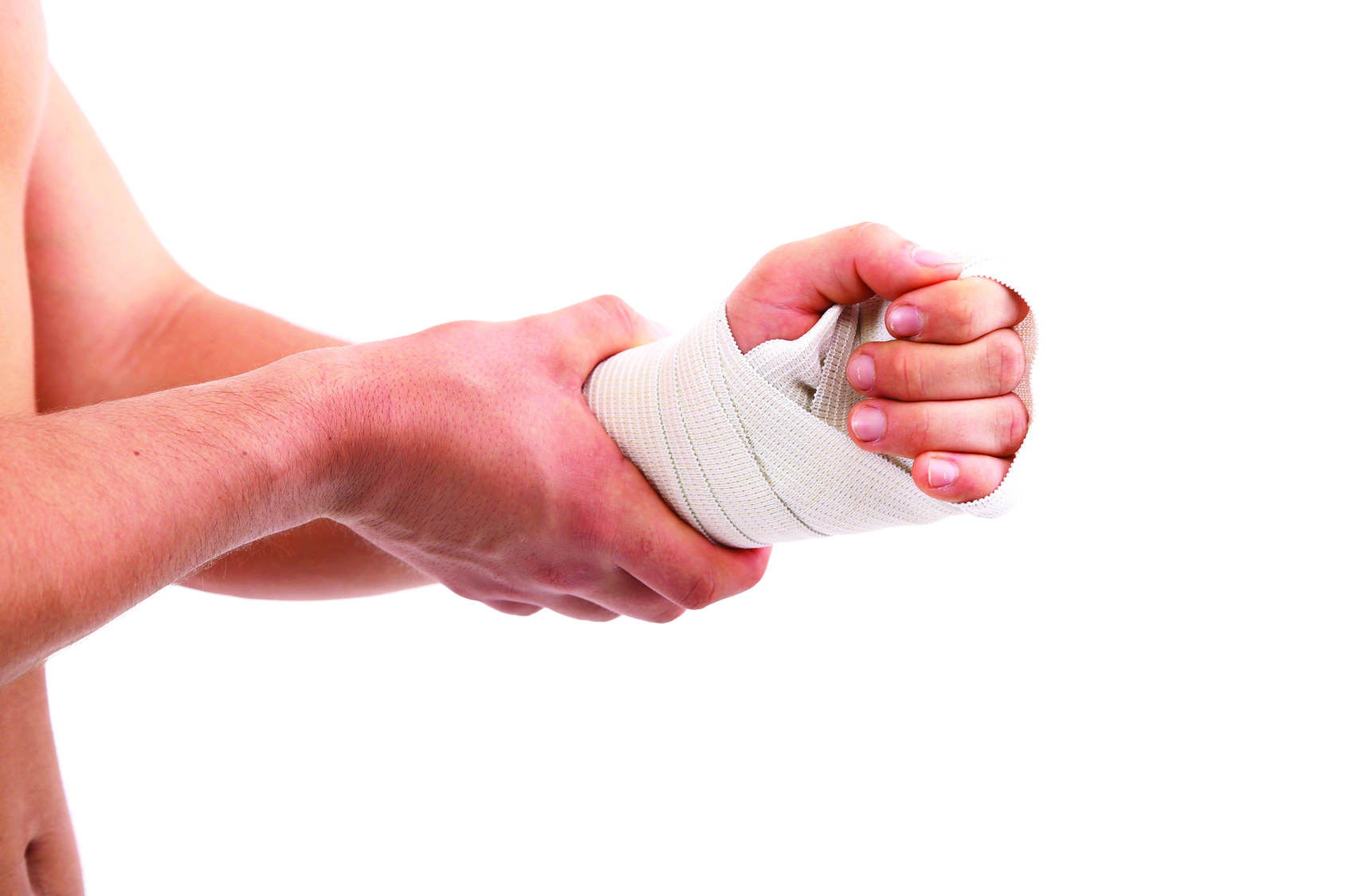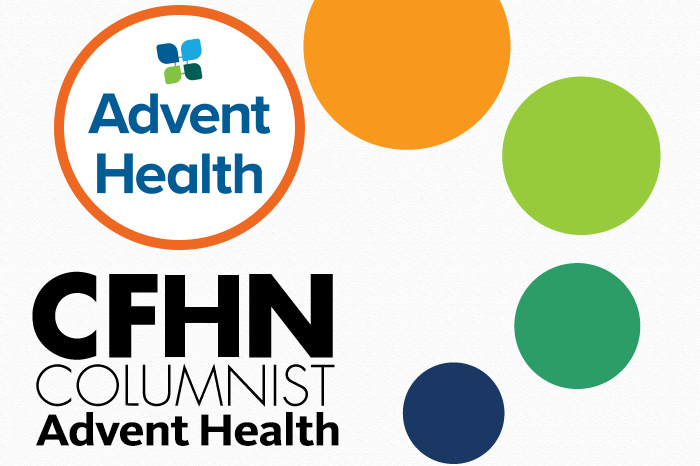
Health News
Features
-
College Wellness 101
Making better choices for campus life now and the career ahead College can be an exciting time as most students are starting adulthood, but it’s also a time where many start out on the wrong foot. We’ve all heard of the “Freshman 15,” the weight gain that is common during freshman year, but it’s just…
-
Tips for exercising while on the mend
Q&A with Jim Goodwin on how you can safely work out with an Injury When recovering from an injury, it’s tempting to lay off your fitness routine. That’s not always a good idea, however. Central Florida Health News talked with Jim Goodwin, director of Rehabilitation Services at Bartow Regional Medical Center, about the best way…
-
Preventing PAM: A rare, but lethal infection
Summer season is officially here. It is a great time to enjoy cookouts, playing sports, or participating in water-related activities. The summer season also brings a number of things that we need to be mindful of in order to be safe, such as hurricane season, mosquito season, and the less known amoeba season. Naegleria fowleri…
Columns
-
Understanding Heart Failure With Preserved Ejection Fraction
Last year, I wrote about heart failure. At that time, I had said that about half the patients admitted with congestive heart failure have normal systolic function. This is true. The most common way to express heart function is by measuring ejection fraction (EF). This is the proportion of the amount of blood in the…
-
7 Ways to Save Money on Your Glaucoma Drops
Glaucoma is a group of diseases that affect the optic nerve of the eye. It is the cable that carries the information from the eye to the brain. Any damage to this optic nerve due to high pressures can damage it, resulting in lower vision or vision loss. Therefore, it is essential to treat glaucoma…
-
Stay strong with healthy hips
Expert care can get you there. We all hope to be able to walk, run and dance through life with healthy, natural joints. But when your hips become arthritic and painful, it’s not easy to keep moving like you used to. The good news is that hip replacement has come a long way, with advanced…





